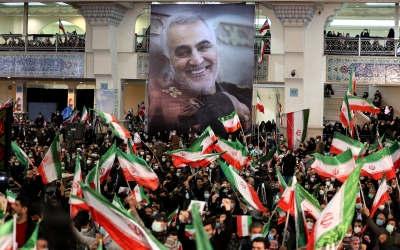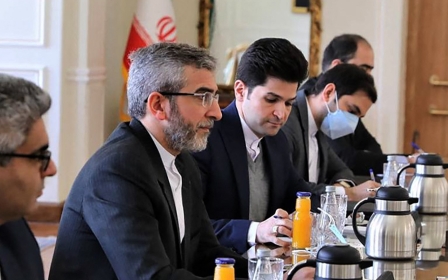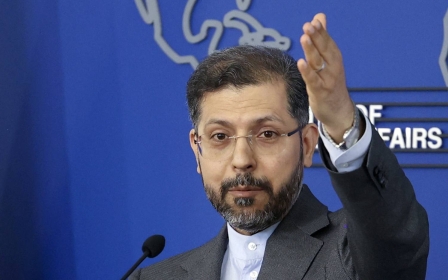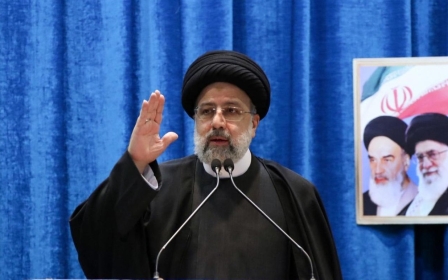Time running out to reach agreement on Iran nuclear deal, warn former diplomats
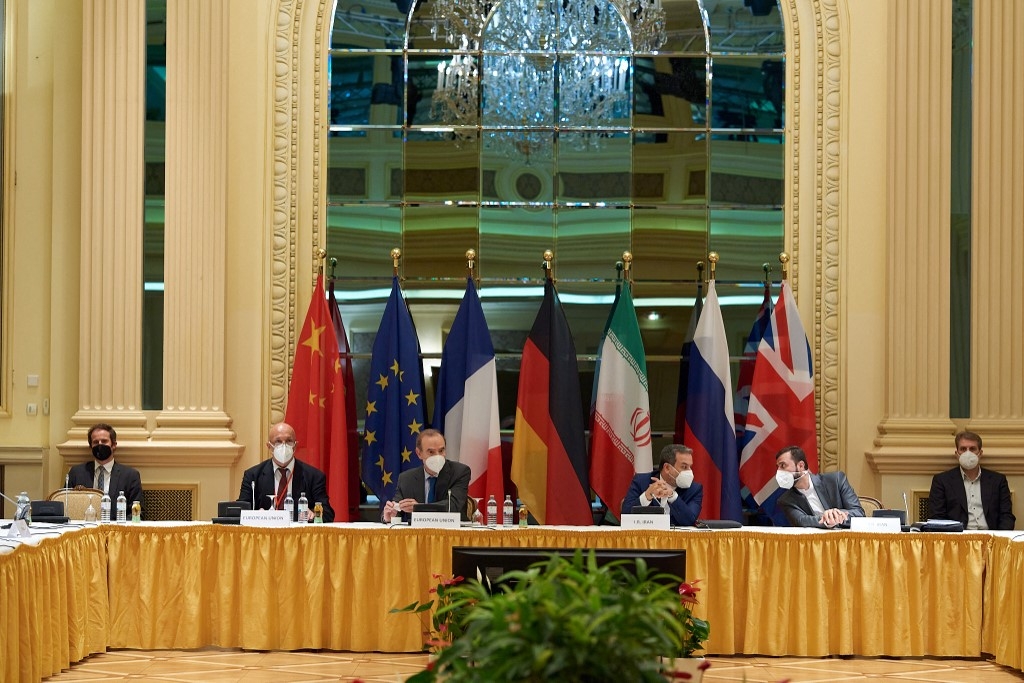
More than 40 former European diplomats urged the United States and Iran to reach an agreement on the Iran nuclear deal, warning that ongoing talks were heading to a "corrosive stalemate devolving into a cycle of increased nuclear tension".
In an open letter published on Tuesday, the 46 former diplomats, including former Sweden Prime Minister Carl Bildt and former UK Foreign Secretary Jack Straw, said US President Biden and Iranian President Ebrahim Raisi needed to demonstrate more flexibility to defuse the crisis.
"At a time when transatlantic cooperation has become all the more critical to respond against Russia’s unprovoked invasion of Ukraine, for US and European leaders to let slip the opportunity to defuse a nuclear crisis in the Middle East would be a grave mistake," the letter said.
The former diplomats said there were two possible scenarios. In one, the US shows "decisive leadership and requisite flexibility" to resolve the issues with the disagreement with Tehran. And in the second, both parties "enter a state of corrosive stalemate".
"For its part, Iran should not expect a nuclear deal to address broader areas of disagreement between Tehran and Washington. Both sides must approach this final phase of negotiation with an understanding that the strategic implications of failure would be grave and profound."
New MEE newsletter: Jerusalem Dispatch
Sign up to get the latest insights and analysis on Israel-Palestine, alongside Turkey Unpacked and other MEE newsletters
On Tuesday, US Secretary of State Antony Blinken told the Senate Foreign Relations Committee that returning to a nuclear deal was the best path with Iran.
"We continue to believe that getting back into compliance with the agreement would be the best way to address the nuclear challenge posed by Iran and to make sure that an Iran that is already acting with incredible aggression doesn't have a nuclear weapon," Blinken said.
"We've tested the other proposition, which was pulling out of the agreement, trying to exert more pressure."
The open letter comes just a week after more than 40 leading nonproliferation experts and former US officials called on the White House to quickly revive the nuclear deal with Iran, raising the likelihood that the Islamic Republic is edging closer to a nuclear-threshold state.
Indirect negotiations between Washington and Tehran in Vienna have stalled for the past month, as the two countries have come to odds with each other over several final points within the agreement.
One of the main issues of contention is the terrorist designation of Iran's Islamic Revolutionary Guard Corps (IRGC).
The IRGC is a powerful faction in Iran that controls a business empire as well as elite armed and intelligence forces, which Washington accuses of carrying out global terror campaigns.
The group was designated a foreign terror organisation (FTO) by the Trump administration in 2019 after the former US president walked away from the Iran nuclear deal - known officially as the Joint Comprehensive Plan of Action (JCPOA) - and reimposed sanctions on the country.
"Based on our long experience in diplomacy and statecraft, we see a deal as eminently possible," the letter said.
"Having come within touching distance, we urge President Biden and the Iranian leadership to demonstrate flexibility in tackling an issue of vital significance to the global non-proliferation regime and regional stability and see these negotiations through to a successful conclusion."
Middle East Eye delivers independent and unrivalled coverage and analysis of the Middle East, North Africa and beyond. To learn more about republishing this content and the associated fees, please fill out this form. More about MEE can be found here.


